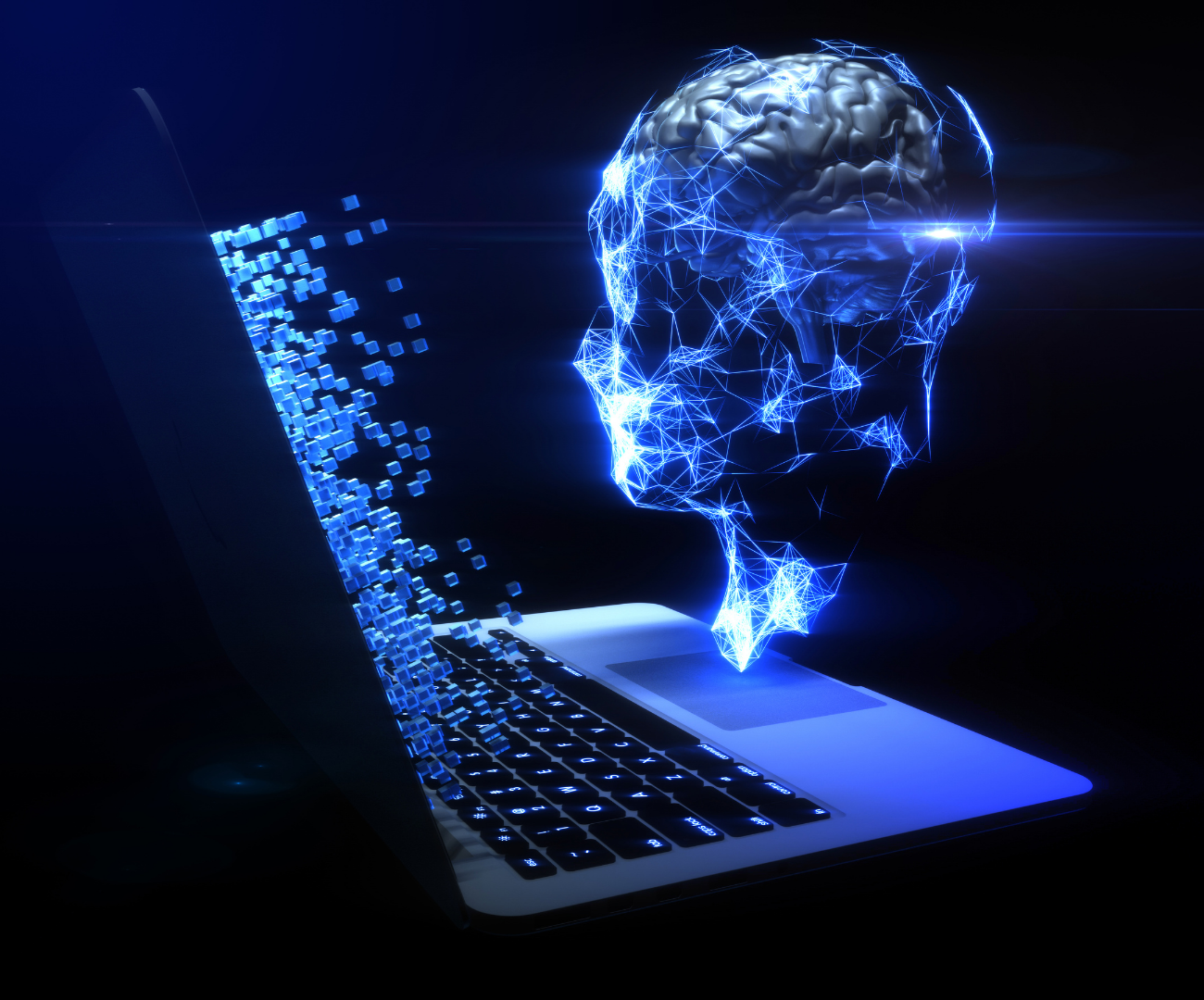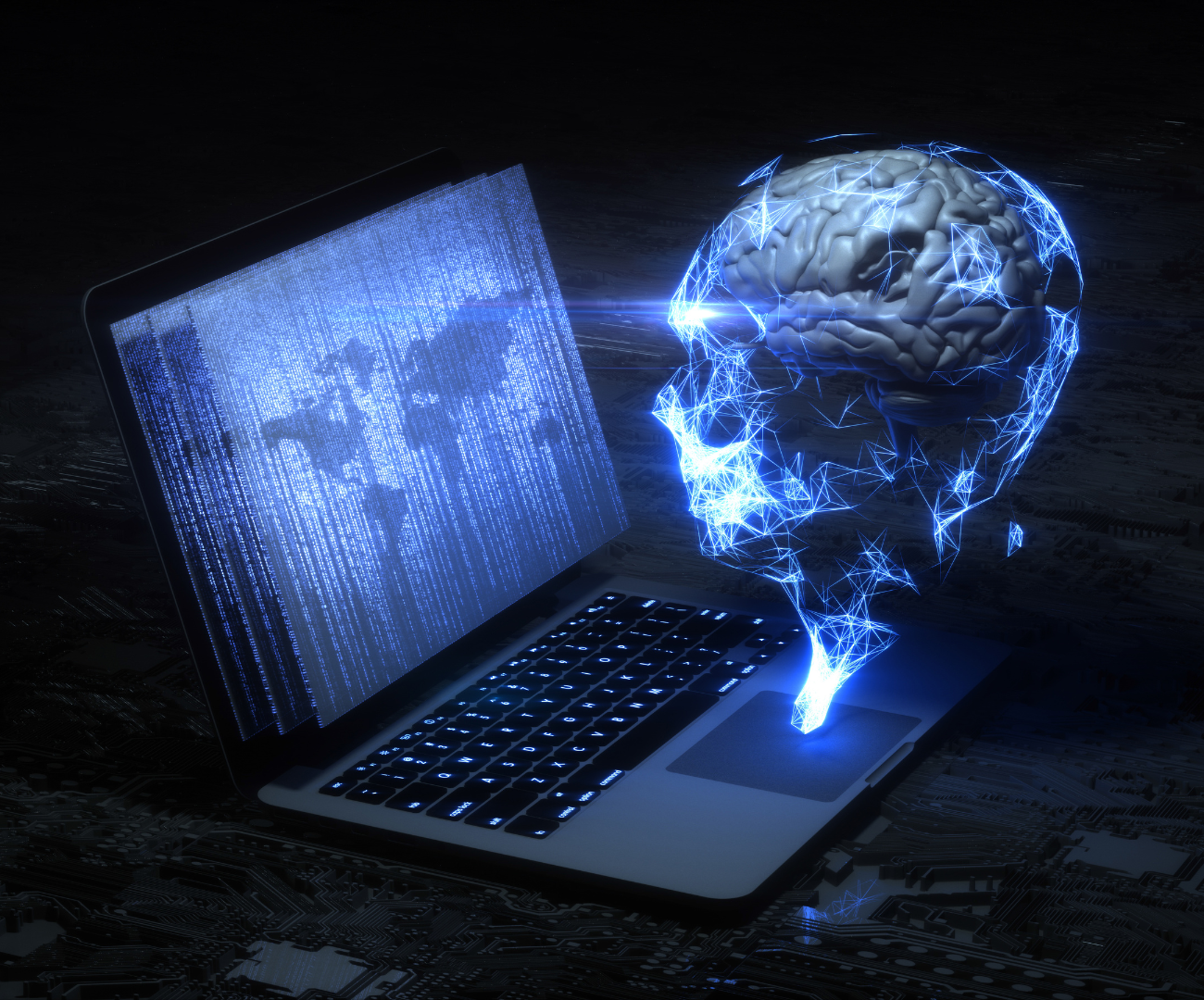The rise of intelligence education: 3 facts you should know
The use of artificial intelligence in education is becoming increasingly popular as technology continues to develop. AI can be used in a number of ways to support and improve the educational process, from providing personalized learning experiences to automating administrative tasks.
With the rise of intelligence in education, here are 3 facts that you need to know. When it comes to the future of academia, education intelligence plays a major role that needs to be understood if one wants to stay on par with technological advancements.
Wondering how education intelligence works? Here are 3 facts that you need to know. Let's have a look at education intelligence and how its rise is going to change the dynamics of education all over the world.
What is Intelligence Education?

Artificial intelligence (AI) has been touted as a game-changing technology for education. But what exactly is AI, and how can it be used in education?
In its simplest form, AI is a set of algorithms that enable computers to perform tasks that would otherwise require human intelligence, such as understanding natural language or recognizing patterns.
AI can be used in education in a number of ways, including helping students learn content, providing personalized feedback, and automating administrative tasks.
There are a number of different approaches to AI, but one of the most promising for education is called machine learning. Machine learning algorithms are able to automatically improve given more data, making them well-suited for educational applications.
For example, a machine learning algorithm could be used to automatically grade essays or provide personalized recommendations for further reading.
While AI holds great promise for education, there are also some potential risks that should be considered. One worry is that AI could lead to “teaching to the test” as educators focus on a narrow set of skills that can be easily measured by computers. Another concern is that AI could exacerbate existing inequalities if, for example, only wealthy students have access to the best AI-based learning tools.
Overall, AI has the potential to transform education for the better. But it is important to proceed with caution and consider both the promises and the risks before fully integrating AI into our educational systems.
Benefits of AI in Education

Artificial intelligence has already begun to revolutionize the field of education. By automating repetitive tasks, providing personalized recommendations, and offering real-time feedback, AI in education is making the experience more efficient and effective for both students and teachers.
Here are just a few ways in which AI in education is beneficial:
1. Automation of Repetitive Tasks
One of the most time-consuming aspects of being a teacher is grading papers. This process can be greatly streamlined with the help of AI. Computers can now be trained to grade essays with the same level of accuracy as humans. This not only saves teachers time but also frees them up to focus on more important tasks, such as developing lesson plans and providing one-on-one attention to students.
2. Personalized Recommendations
One of the major benefits of AI is providing personalized recommendations to students. With access to data about each individual student’s performance, interests, and goals, AI systems can offer tailored suggestions about what content to study next or which extracurricular activities to get involved in. This type of personalization ensures that every student is getting the most out of their educational experience.
3. Real-Time Feedback
In addition to automated grading and personalized recommendations, one of the benefits of AI is that it can also provide real-time feedback to both students and teachers. For example, when a student is working on an assignment, an AI system can flag errors and suggest corrections in real time.
3 Education Intelligence Facts to Know

Here are a few facts to know about AI and its role in education.
1. Fun Facts about AI
AI is still in its early developmental stages, which means that there is a lot of research and experimentation happening in order to learn more about how it works and what potential applications it might have.
Here are some fun things about AI that you might not know:
- The first recorded instance of artificial intelligence was developed by Alan Turing in the 1950s. His work laid the foundations for modern AI as we know it today.
- One of the goals of AI research is to build machines that can reason, learn, and solve problems as humans do.
- AI has been used in a variety of fields including healthcare, finance, manufacturing, and even art.
- Some experts believe that AI will eventually surpass human intelligence, while others think that AI will complement and augment human abilities.
- There is still much debate about the future of AI and its impact on society. However, one thing is certain: AI is here to stay and it’s only going to become more prevalent in our lives moving forward.
2. AI in Education for Educators
As an educator, you may be wondering what impact artificial intelligence (AI) will have on education.
Here are things to know about AI in education for educators:
- AI can help personalize learning for students. By using data from student assessments and other sources, AI can help identify patterns and customize learning experiences to better meet the needs of each individual student. This personalized approach has the potential to dramatically improve student outcomes.
- AI can help automate administrative tasks. From grading papers to tracking attendance, there are many administrative tasks that take up educators' time. AI can help automate these tasks, freeing educators to focus on more important things.
- AI can provide real-time feedback for educators. By analyzing data from multiple sources, AI can provide educators with insights into how their students are doing and where they need improvement. This real-time feedback can help educators make more informed decisions about their instruction.
- AI is still evolving and there is much to learn about its potential in education. While there is a lot of excitement about the potential of AI in education, it is still a relatively new technology with a lot of room for growth and development. As such, it is important for educators to stay up-to-date on the latest research and developments in this area.
3. AI in Education for Students
There is no doubt that artificial intelligence (AI) is rapidly evolving and growing more sophisticated every day. With its vast potential, AI is already being used in a variety of industries, including education. There are many important aspects of using Artificial Intelligence in education for students.
- For one, AI can help personalize learning for each student. By tracking students' progress and understanding their individual needs, AI can provide personalized recommendations for what content and activities will be most beneficial for them. This customized approach to learning can help students retain information more effectively and improve their overall academic performance.
- In addition, AI can also be used to create virtual teachers or tutors. These avatars can provide one-on-one instruction and feedback to students in real-time, 24/7. This type of support can be especially helpful for students who struggle with traditional classroom settings or who live in remote areas with limited access to quality educators.
- Finally, AI can help make educational materials more engaging and interactive making smart learning objectives achievable. For example, by incorporating game-based elements into lesson plans, students can stay more engaged and motivated to learn.
- Additionally, AI-powered chatbots can answer questions and provide feedback outside of class hours, further extending the reach of educators.
Overall, there are many potential benefits of using Artificial Intelligence in education. By personalizing learning experiences, providing 24/7 support, and making educational materials more engaging, AI has the potential to transform the way students learn and improve academic outcomes for them.
Lifelong Learning with Oreed
Promote lifelong learning through Oreed by experiencing the most powerful all-in-one training and development intelligent platform that streamlines all your organization's learning, training, and development activities in one place.
Being an all-in-one platform for learning, it manages different educational and event types that include onsite, hybrid, remote, and microlearning.
Oreed provides a fruitful experience for the learners by enabling them to receive different types of education which has an impact in the long run.
With customized experience for each learner, Oreed makes sure to provide a productive learning experience.
Moreover, Oreed offers a unique and engaging way to learn by incorporating gamification features into the learning process. This makes learning fun and exciting, while also providing an effective way to retain information.
Final Thoughts
In conclusion, Artificial Intelligence in education can be extremely beneficial in a number of ways. It can help students learn more effectively and efficiently, while also providing educators with new tools to help them teach more effectively.
However, as with any new technology, there are also potential risks associated with it. These risks should be carefully considered and managed in order to maximize the potential benefits of AI in education.
So what are you waiting for? Book a demo with Oreed and get a walk of all the benefits it has to offer to promote lifelong learning.